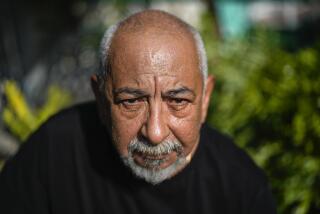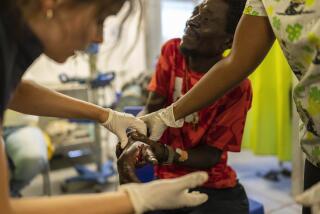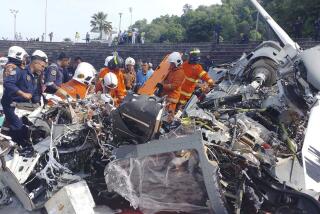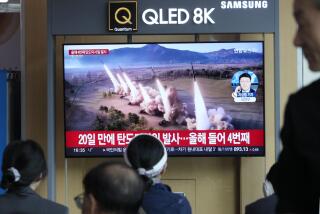Religious, political leaders denounce terrorism at Kazakhstan conference
Religious leaders and government officials from around the world met in the Kazakh capital Tuesday to denounce terrorism carried out in the name of God and to promote interfaith dialogue as a powerful weapon in combating violent extremism.
The chairman of the Kazakh Senate, KassymJomart Tokayev, read an address from President Nursultan Nazarbayev to legislators, religious figures, heads of international organizations and experts from 41 countries at the opening of the “Religion Against Terrorism” conference at Astana’s iconic Palace of Peace and Reconciliation, which was designed by renowned architect Norman Foster.
“Today, the threat of terrorism has radically changed our conception of international security. Terrorism knows no borders and doesn’t distinguish between rich and poor. We still don’t have a single and universal solution to counter this danger, and so we need to step up our joint efforts to resist this global threat in a dignified way,” Nazarbayev said.
“In directing our efforts to eliminate the ideological basis of terrorism, it’s essential to expand and improve the quality of education of politicians, spiritual teachers, opinion leaders and the media,” the president added.
Kazakhstan hosted the conference as it seeks to implement antiterrorism initiatives it outlined at the 70th session of the UN General Assembly in the fall of 2015.
The 63 delegations included distinguished representatives of Islam, Christianity, Buddhism, Judaism, Hinduism, Taoism and Shintoism, the United Nations and the Organization for Security and CoOperation in Europe.
“Extremism and terrorism are not related to a specific religion or ethnic group. However, extremists, hiding behind religious tenets and engaged in bloody crimes, make the Islamic faith appear to be a source of global threats and danger,” Supreme Mufti Yerzhan Mayamerov, the chairman of the Spiritual Administration of Muslims of Kazakhstan, said.
Dr. Amal Abdullah Al Qubaisi, president of the Federal National Council of the United Arab Emirates, called on religious leaders and politicians to form a united front in this “war.”
“There’s no such thing as moderate Islam and extremist Islam. There’s only one Islam, and it’s been hijacked by violent militants. We need to follow up our words with deeds. Humanity is what is at stake in this war,” she said.
Tokayev, meanwhile, warned of an “expansion of the arsenal of methods and forms of terrorist activity.”
“Radical groups have gained stable funding and are effectively using modern technologies and openly claim to have a quasistate structure, he said.
Tokayev, who is also head of the Secretariat of the Congress of Leaders of World and Traditional Religions, said “it’s necessary to go from terrorism localization practices to a comprehensive strategy for its elimination.”
He noted that society, especially the media, should “push for adherence to ethical standards to prevent incitement of religious hatred.”
“We need to take a common position condemning acts of antireligious extremists who insult the feelings of believers,” Tokayev said.
“Extremism is the enemy of mankind. Violence causes one to lose connection with God,” Mohammad Hassan Aboutorabi Fard, first deputy speaker of Iran’s parliament, said.
He added that his country was the main target of extremist violence and pledged to “maintain (religious) diversity in Iran.”
“A tiny minority has hijacked the true principles of Islam. Daesh (Islamic State) and similar organizations that are causing so much misery in the Middle East and Africa must not be allowed to dominate the image of Islam,” Lord Mohamed Sheikh, the first Muslim member of the House of Lords to be appointed by Britain’s Conservative Party, said.
A majority of the delegates at the Religion Against Terrorism conference expressed similar sentiments, agreeing that interreligious and interparliamentary dialogue were key weapons in the long, ongoing and slow process of eliminating the social frustrations that help spawn radicalism and extremism.









